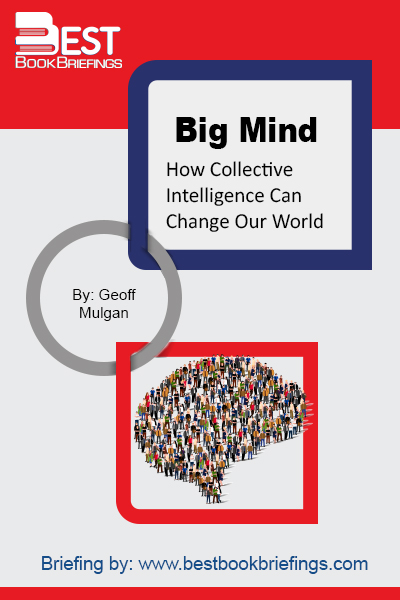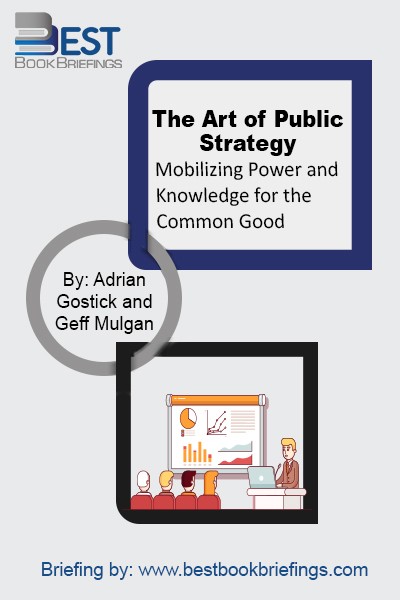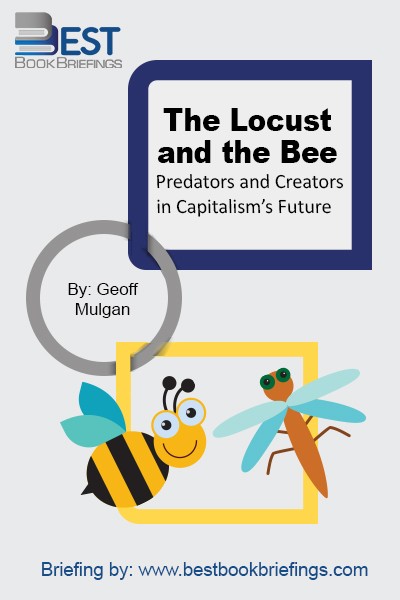Big Mind
How Collective Intelligence Can Change Our World
Number of pages: 280
Publisher: Princeton University Press
BBB Library: Technology and Globalization
ISBN: 978-0691170794
Editorial Review
Collective intelligence is the capacity of groups to make good decisions—to choose what to do, and who to do it with—through both human and machine capabilities. The ways intelligence is organized are fractal in nature with similar patterns occurring on multiple scales, from groups of friends to organizations and whole societies. Understanding how we work together has been a central concern of social science for several centuries. Some mechanisms allow individual choices to be aggregated in a socially useful way requiring no conscious collaboration or shared identity. This is the logic of the invisible hand of the market and some of the recent experiments with digital collective intelligence like Wikipedia. In other cases (such as communes, friends on vacation, or work teams), there is the conscious mutual coordination of people with relatively equal power, which usually involves a lot of conversation and negotiation. In others (for instance, big corporation like Google or Samsung, ancient Greek armies, or modern global NGOs), hierarchy organizes cooperation.
Book Reviews
Books on Related Topics
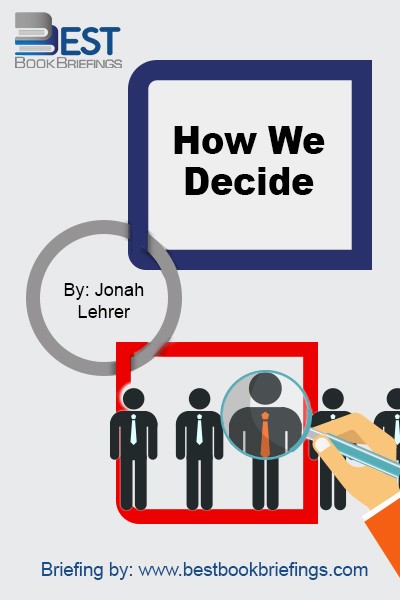
Whenever someone makes a decision and tries to be reasonable and restrained, the brain is awash in feelings, driven by its inexplicable passions. These emotions secretly influence our judgment. Naturally, these feelings sometimes can lead us astray and cause us to make all sorts of predictable mistakes. To make good decisions, God
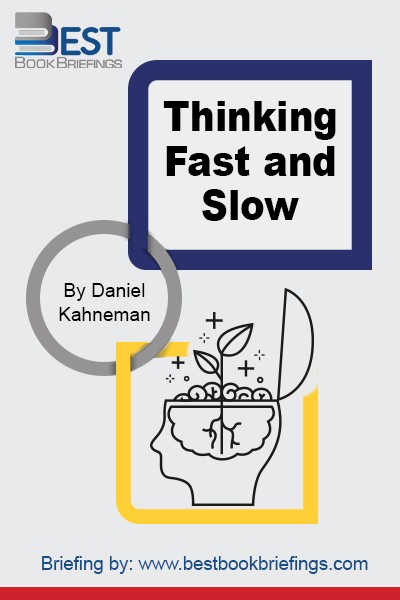
Engaging the reader in a lively conversation about how we think, Kahneman reveals where we can and cannot trust our intuitions and how we can tap into the benefits of slow thinking. He offers practical and enlightening insights into how choices are made in both our business and our personal lives-and
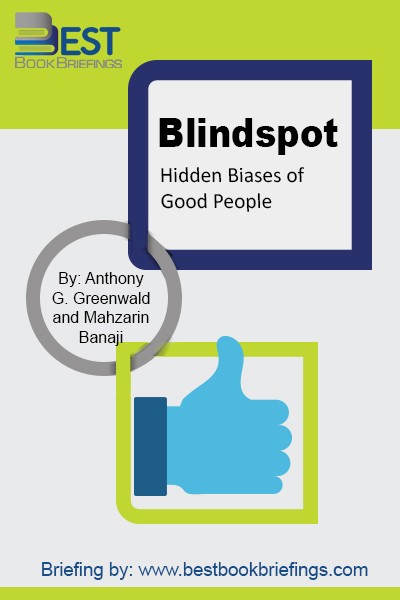
We tend to think that when we make our own decisions, we do them fairly. We think that we understand the way our minds work and that we are the ones in control. But psychologists beg to differ. In this summary of Mahzarin R. Banaji and Anthony G. Greenwald book, Blindspot,
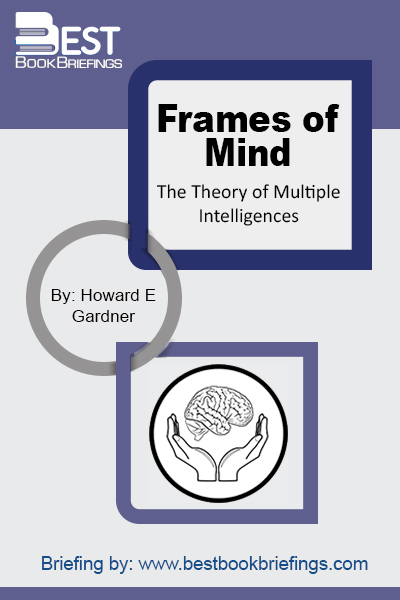
A revolutionary challenge to the widely held notion that intelligence is a single general capacity possessed by every individual to a greater or lesser extent. First published in 1983, Gardner's trailblazing book revolutionized the worlds of education and psychology by positing that rather than a single type of intelligence, we have

